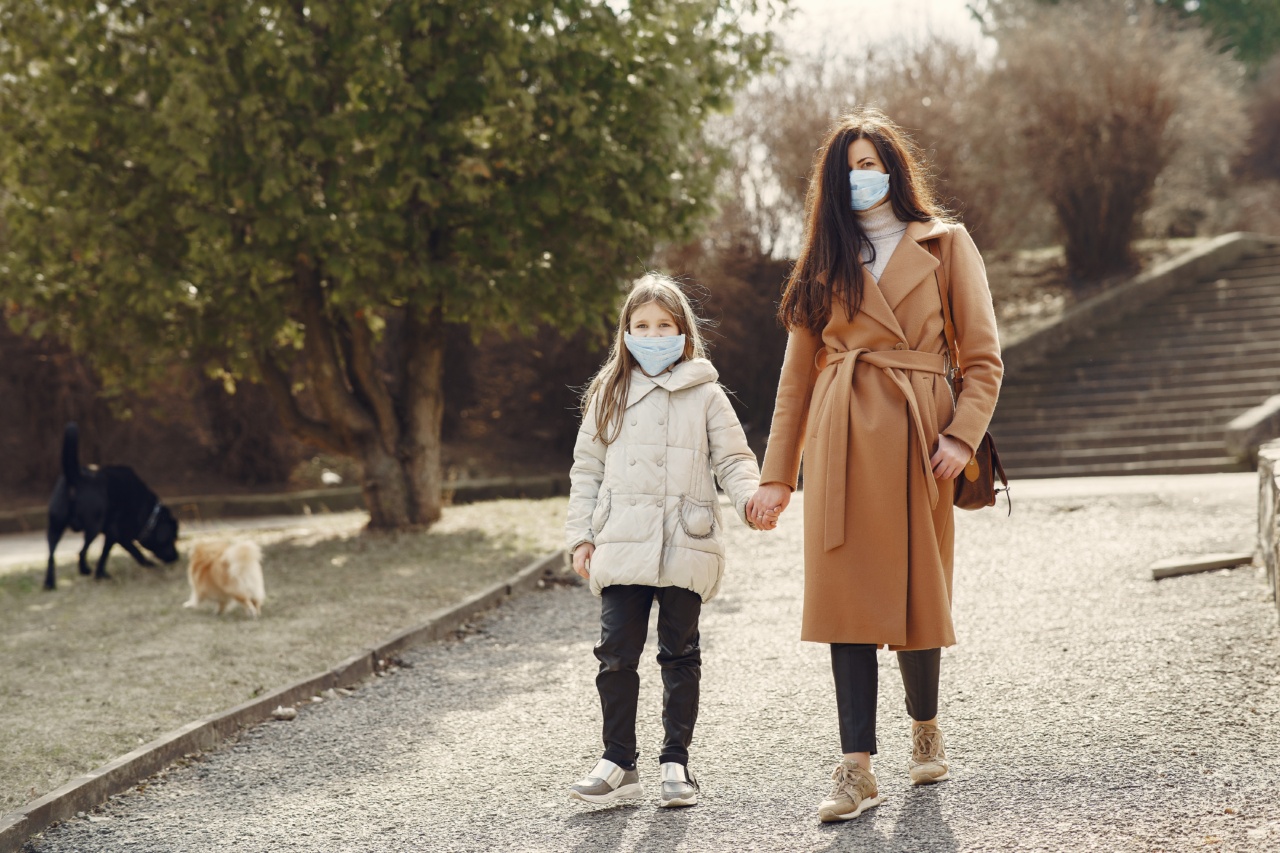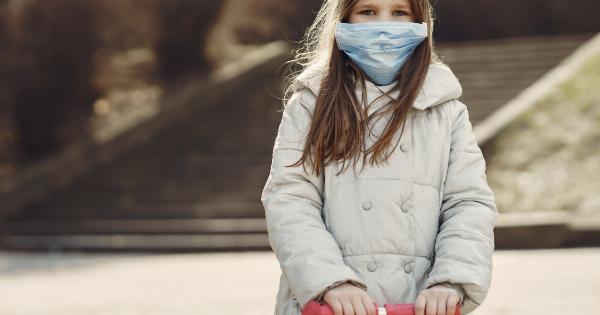Cold and flu season can be particularly challenging for parents, as they strive to keep their children healthy and free from illness.
Young children, especially those attending daycare or school, are more likely to come into contact with germs and viruses that cause colds and flu, making them susceptible to infection.
1. Teach Proper Hand Hygiene
One of the most effective ways to protect children from cold and flu is to teach them proper hand hygiene. Encourage children to wash their hands frequently, especially before eating, after using the restroom, and after coughing or sneezing.
Teach them to scrub their hands thoroughly with soap and water for at least 20 seconds, making sure to get in between fingers and under the nails. If soap and water are not available, suggest using an alcohol-based hand sanitizer.
2. Maintain a Clean Environment
Keeping a clean environment is crucial in preventing the spread of cold and flu viruses. Regularly clean and disinfect frequently touched surfaces, such as doorknobs, light switches, toys, and countertops.
Use disinfectant wipes or sprays that are approved for use against viruses and bacteria. Encourage children to cover their mouths and noses with a tissue or their elbow when coughing or sneezing to prevent the spread of germs.
3. Ensure a Healthy Diet
A healthy diet plays a vital role in boosting the immune system, which helps protect children from colds and flu. Provide a balanced diet rich in fruits, vegetables, whole grains, and lean proteins.
These foods contain essential vitamins and minerals that support the immune system. Limit sugary snacks and drinks, as they can weaken the immune system. Encourage children to drink plenty of water to stay hydrated and help flush out toxins.
4. Get Plenty of Sleep
Sleep is crucial for a strong immune system. Ensure children get an adequate amount of sleep each night based on their age. Establish a routine that includes a consistent bedtime and nap schedule.
Create a peaceful sleep environment by keeping the bedroom cool, dark, and quiet. Limit screen time before bed, as exposure to screens can interfere with sleep patterns.
5. Teach Proper Cough and Sneezing Etiquette
Show children how to cough and sneeze properly to prevent the spread of germs. Teach them to cough or sneeze into their elbow or a tissue rather than their hands. Discard used tissues immediately and wash hands afterward.
Encourage regular handwashing even when they do not cough or sneeze.
6. Boost Immunity with Supplements
In consultation with a healthcare provider, consider giving children immune-boosting supplements during cold and flu season. Supplements such as vitamin C, vitamin D, and zinc can help strengthen the immune system and reduce the risk of infection.
However, it is essential to consult a healthcare professional before introducing any supplements into a child’s diet.
7. Keep Children Away from Sick Individuals
Limit contact between children and individuals who are sick with cold or flu symptoms. Avoid crowded places or gatherings during peak flu seasons. If a family member is sick, encourage regular handwashing and separate living areas to minimize exposure.
8. Stay up to Date with Vaccinations
Ensure children receive all recommended vaccinations, including annual flu shots. Vaccinations provide added protection against specific strains of the flu virus and can help reduce the severity of symptoms if a child does get infected.
9. Encourage Regular Exercise
Regular physical activity can help strengthen the immune system and reduce the risk of illness. Encourage children to engage in age-appropriate exercises, such as playing outdoors, swimming, dancing, or participating in sports.
Aim for at least one hour of physical activity each day.
10. Educate Children about Avoiding Shared Personal Items
Teach children about the importance of avoiding the sharing of personal items, such as hats, scarves, combs, brushes, and water bottles. These items can easily spread germs and viruses.
Encourage children to use and keep their personal items separate from others.





























